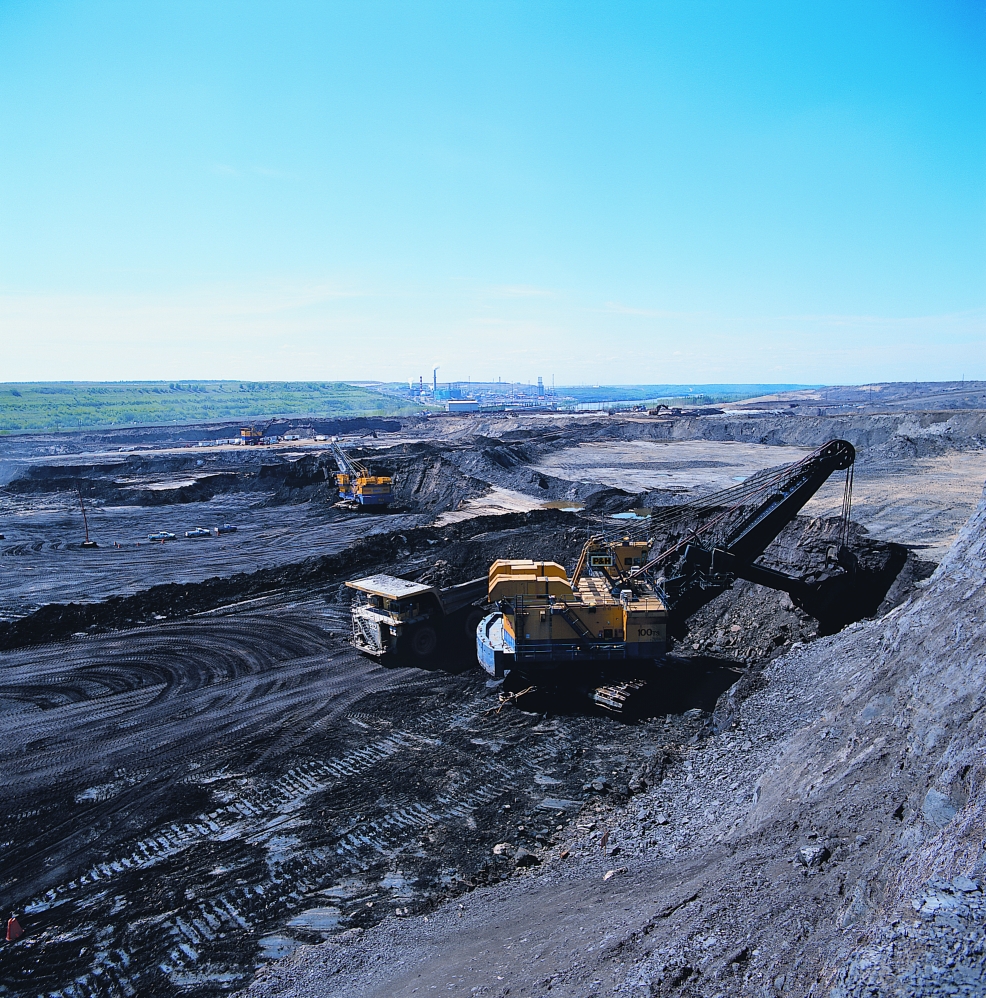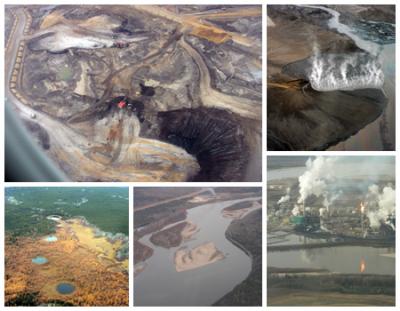Buffalo Roam
Registered Senior Member
No need to use ad hominems. My spelling or terminology does not make my opinions wrong. You lack understand of how to construct a logical argument.
Really? that is not what you and your liberal friend say when I don't meet every point of spelling and sentence construction.
And I have never seen you take to task any of your loberal friends for calling name and using ad hominems.
Are you still in college?
It seems that you have no problem understanding the logic of my argument as you seem to have no problem responding with the party line of gloom and doom.
Look up "net energy" if you can't understand the concept.
It the reason why their is a fundamental limit to how much of an energy resource can be utilized.
I understand net energy, and if it isn't met in the oil industry, the find isn't commercialy viable, you have to have a net energy gain to make money from any find.
The free market now does not care about cities being under the ocean in 2-3 centuries, that is a indirect consequence that the free market of today could give a dam about. Explain why the free marked should look more then one generation down?
Again prove that theory, and that it will be because of human action, the shore lines of the continents have varied by hundreds of miles over the life of the earth.
The shore line of the east coast of the Americas was 150 miles east of their present location at one time.
Sea-level changes and the Pleistocene Ice Age
Sea-level has been close to its present level for the past 6000 years, before which it was lower and fluctuating, last achieving its present position about 120,000 years ago. About 15,000-16,000 years ago, sea-level was 130-140 m below its present position. For the past 500,000 years it has been lower than today about 90% of the time.
Forget global warming: Welcome to the new Ice Age
Feb 25, 2008 ... Snow cover over North America and much of Siberia, Mongolia and China is ... It's not ice melt but rather wind circulation that drives ocean ...
http://www.nationalpost.com/opinion/columnists/story.html?id=332289
We won't have a viable future in the near term if oil keeps going the way it is now. At which point alternatives will become economically viable as the price of petroleum exceeds the price of implementing and using alternatives, this is what you call free market.
But is there a alternative with the maturity and infrastructure that can be emplaced in the near future that can replace oil? as of right now, no matter what the price oil rises to.....
NO!



